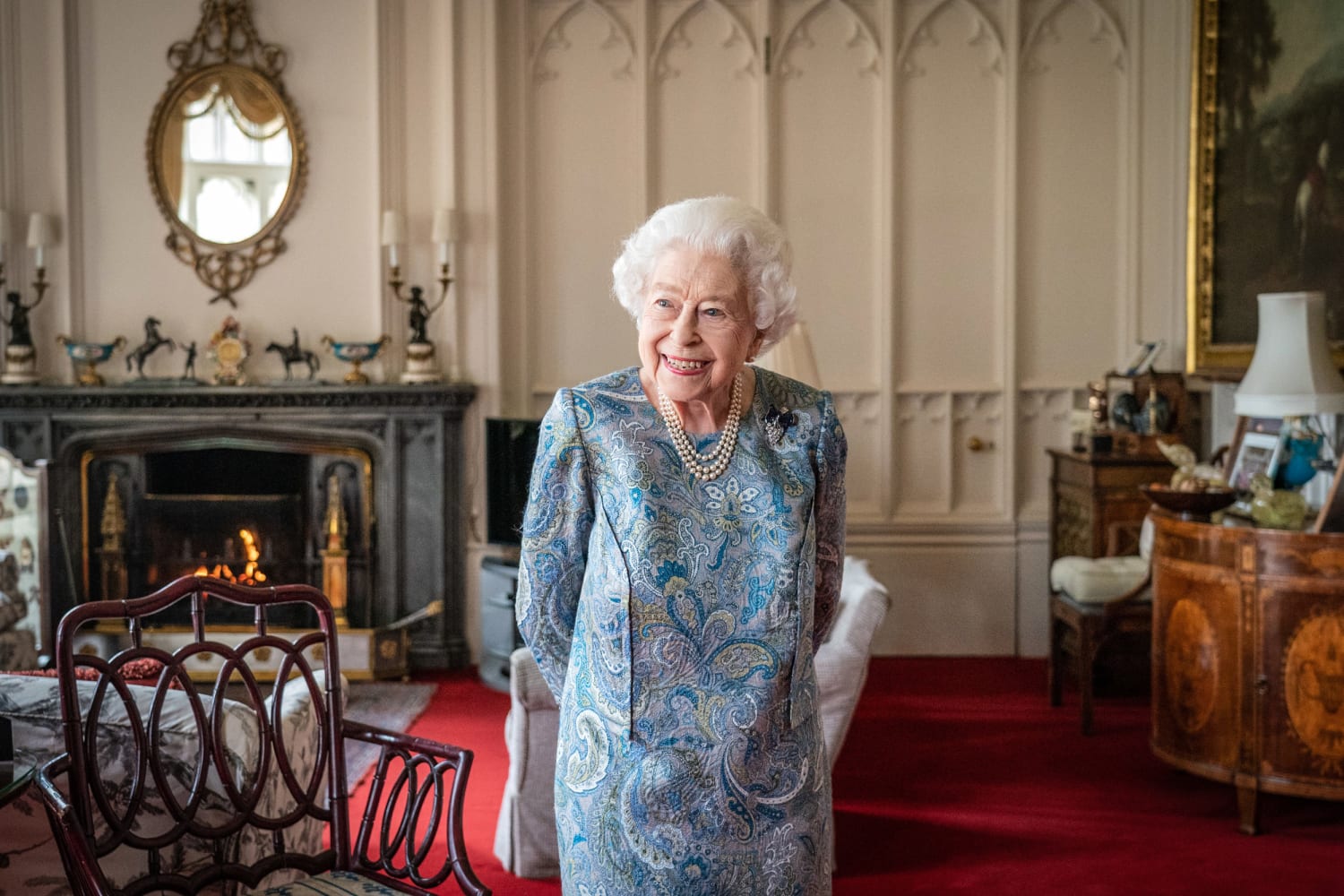
Photo courtesy of GETTY IMAGES
It’s about time to say the quiet part out loud: Elizabeth spent seventy years washing her bloodstained hands, and even now after she has passed, they remain unclean.
In 1952, Elizabeth became the serene face of a nation which, claiming to serve the interests of the decolonized Commonwealth, carried out violent counterinsurgency campaigns against her subjects. In Malaysia, the British army declared a Malayan Emergency, relocated upwards of 400,000 people from their homes, massacred dozens of villagers, allowed Iban headhunters to decapitate and scalp corpses to keep as trophies. When the leftist Daily Worker (now the Morning Star) in 1952 published images of soldiers holding decapitated heads, Winston Churchill’s government first denied the allegations, mischaracterizing the images as fake; when they became undeniable, the publication of such images was banned entirely. (The National Army Museum’s website dedicated to the Malayan Emergency makes no mention of the atrocities committed. Instead, it chose to conclude that Britain’s campaign was “one of the few successful counter-insurgency operations undertaken by the Western powers. Still studied today, it provides many important lessons on how such campaigns should be conducted.”)
In Kenya, after decades of forcing the Kikuyu out of their own lands and forcing them into poverty, Britain quelled the subsequent Mau Mau rebellion through indescribably violent means. In their groundbreaking studies published 2005, Caroline Elkins and David Anderson laid bare the numbers: by 1954, 71,046 people were imprisoned. Thousands were killed in fighting; even more died of starvation and sickness in concentration camps, the likes of which Elkins and David Anderson compared to Hitler and Stalin. The British also did not hesitate to violate the Geneva Convention, “re-educating” prisoners to abandon their nationalist views in favor of submission to the British-Kenyan government. The British got to win their genocidal war, before handing over the privilege of independence to a battered Kenyan people.
Only in 2013 did Britain apologize for its torture of Kenyan citizens and settle out-of-court. For its other atrocities — in India, in Malaysia, in Iraq — the government is silent. No one knows to what extent Elizabeth was made aware of the specifics, but one thing is for sure: she was willing to hide them, and to whitewash her country's image as it barged on into the turn of the century. She did not look back.
Ask yourself, Western reader, what comes to mind when you consider the Queen’s legacy? The royal tours, the wholesome pictures of the Queen smiling down on her people, her modernization of the Royal Family, her stoicism and restraint in the face of countless family scandals, the list goes on.
 PHOTO: ROYAL COLLECTION TRUST
PHOTO: ROYAL COLLECTION TRUST
Britons fare no better. When the necessity of the monarchy came into question in the first place, it was no other than Elizabeth who writhed and struggled to justify it — supposedly to maintain Britain’s pride and national identity, but it does not take much to realize it was also to keep her family in the ruling upper class. Now the Royal Family, on its last legs, holds onto its billions of pounds flowing through its corporate Crown Estate, while the average citizen is going into debt paying skyrocketing energy bills with piss-poor wages. B.B.C’s Clive Myrie put it best: the economic crisis roiling the country is "of course insignificant now," given the "gravity of the situation.” The situation being, of course, a 96-year-old dying of natural causes in a 50,000-acre personal estate while hundreds of thousands are out in the streets fighting for some semblance of a better life.
To borrow Joe Biden’s words, “she defined an era” — a looming history of violent decolonization, yet to be fully reckoned with, shrouded by her quiet and stable reign. That era is now over. It’s time to move on and face the truth. ■